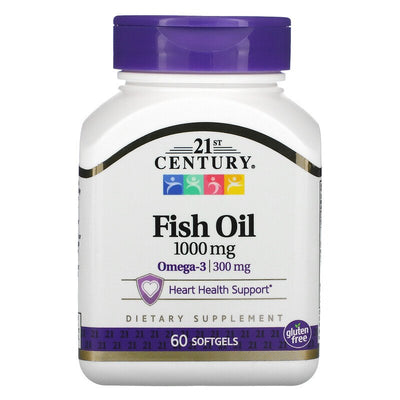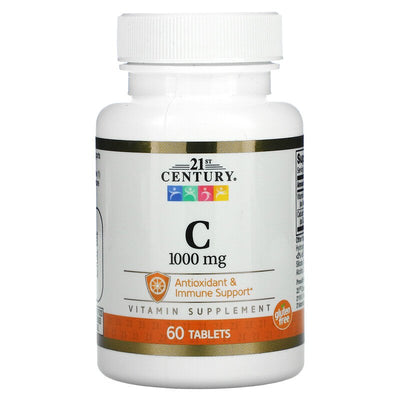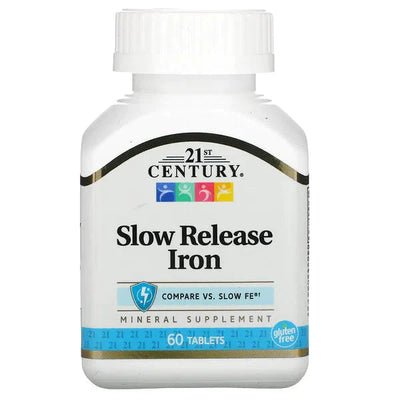
The Evolution of NMN Research: Past, Present, and Future
Past: The Discovery of NMN
NMN was first identified as a metabolite in the early 20th century, but its significance in cellular processes wasn't fully understood until more recently. The initial focus was on its role in the synthesis of Nicotinamide Adenine Dinucleotide (NAD+), a coenzyme essential for various biological functions. Early research paved the way for a deeper exploration of NMN's potential health benefits.
Present: Key Findings and Current Research
In recent years, NMN research has gained momentum, leading to several key findings and ongoing investigations:
-
NAD+ Precursor: NMN is recognized as a precursor to NAD+, a critical molecule involved in cellular energy production, DNA repair, and numerous metabolic processes.
-
Aging and Longevity: NMN has garnered attention for its potential anti-aging properties. Studies in animals have shown that NMN supplementation can improve healthspan and extend lifespan, raising questions about its relevance to human aging.
-
Metabolic Health: Research suggests that NMN may support metabolic health by improving insulin sensitivity and glucose regulation. This has implications for conditions like type 2 diabetes and obesity.
-
Cellular Function: NMN is believed to enhance mitochondrial function, the powerhouse of cells, which can impact overall cellular health and energy production.
-
Neuroprotection: NMN's potential to support NAD+ levels has led to investigations into its role in neuroprotection and cognitive health. Studies are exploring its effects on conditions like Alzheimer's disease.
Future: Promising Avenues of Research
As NMN research continues to evolve, several promising avenues are on the horizon:
-
Human Clinical Trials: While most studies have been conducted in animals, human clinical trials are ongoing to better understand the safety and effectiveness of NMN supplementation in humans.
-
Dosing and Timing: Researchers are exploring optimal dosages and timing for NMN supplementation to maximize its benefits while minimizing potential side effects.
-
Combination Therapies: Future research may investigate the synergistic effects of NMN with other compounds or interventions, such as exercise or dietary changes.
-
Specific Health Conditions: NMN's potential role in managing specific health conditions, including metabolic disorders, neurodegenerative diseases, and age-related conditions, will be a focus of ongoing research.
Conclusion
The evolution of NMN research from its discovery to its current status as a subject of intense scientific exploration is a testament to its potential significance in human health. While many questions remain unanswered, the promise of NMN as a key player in promoting longevity and cellular health continues to drive research forward.
As future studies delve deeper into NMN's mechanisms of action and its relevance to human health, we can anticipate a more comprehensive understanding of its benefits and potential applications. Stay informed about the latest developments in NMN research, as they have the potential to shape the future of health and wellness.
Share



















